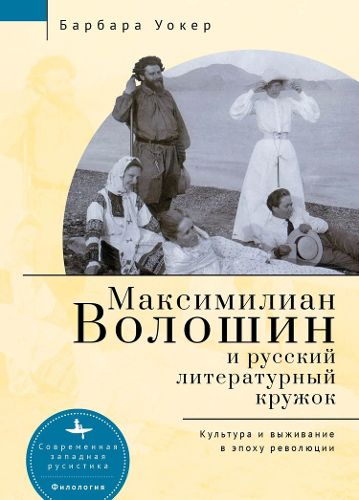Readings Newsletter
Become a Readings Member to make your shopping experience even easier.
Sign in or sign up for free!
You’re not far away from qualifying for FREE standard shipping within Australia
You’ve qualified for FREE standard shipping within Australia
The cart is loading…






Barbara Walker examines the Russian literary circle, a feature of Russian intellectual and cultural life from tsarist times into the early Soviet period, through the life story of one of its liveliest and most adored figures, the poet Maximilian Voloshin (18771932). From 1911 until his death, Voloshin led a circle in the Crimean village of Koktebel' that was a haven for such literary luminaries as Marina Tsvetaeva, Nikolai Gumilev, and Osip Mandelstam. Drawing upon the anthropological theories of Victor Turner, Walker depicts the literary circle of late Imperial Russia as a contradictory mix of idealism and "communitas," on the one hand, and traditional Russian patterns of patronage and networking, on the other. While detailing the colorful history of Voloshinov's circle in the pre- and postrevolutionary decades, the book demonstrates that the literary circle and its leaders played a key role in integrating the intelligentsia into the emerging ethos of the Soviet state.
$9.00 standard shipping within Australia
FREE standard shipping within Australia for orders over $100.00
Express & International shipping calculated at checkout
Barbara Walker examines the Russian literary circle, a feature of Russian intellectual and cultural life from tsarist times into the early Soviet period, through the life story of one of its liveliest and most adored figures, the poet Maximilian Voloshin (18771932). From 1911 until his death, Voloshin led a circle in the Crimean village of Koktebel' that was a haven for such literary luminaries as Marina Tsvetaeva, Nikolai Gumilev, and Osip Mandelstam. Drawing upon the anthropological theories of Victor Turner, Walker depicts the literary circle of late Imperial Russia as a contradictory mix of idealism and "communitas," on the one hand, and traditional Russian patterns of patronage and networking, on the other. While detailing the colorful history of Voloshinov's circle in the pre- and postrevolutionary decades, the book demonstrates that the literary circle and its leaders played a key role in integrating the intelligentsia into the emerging ethos of the Soviet state.